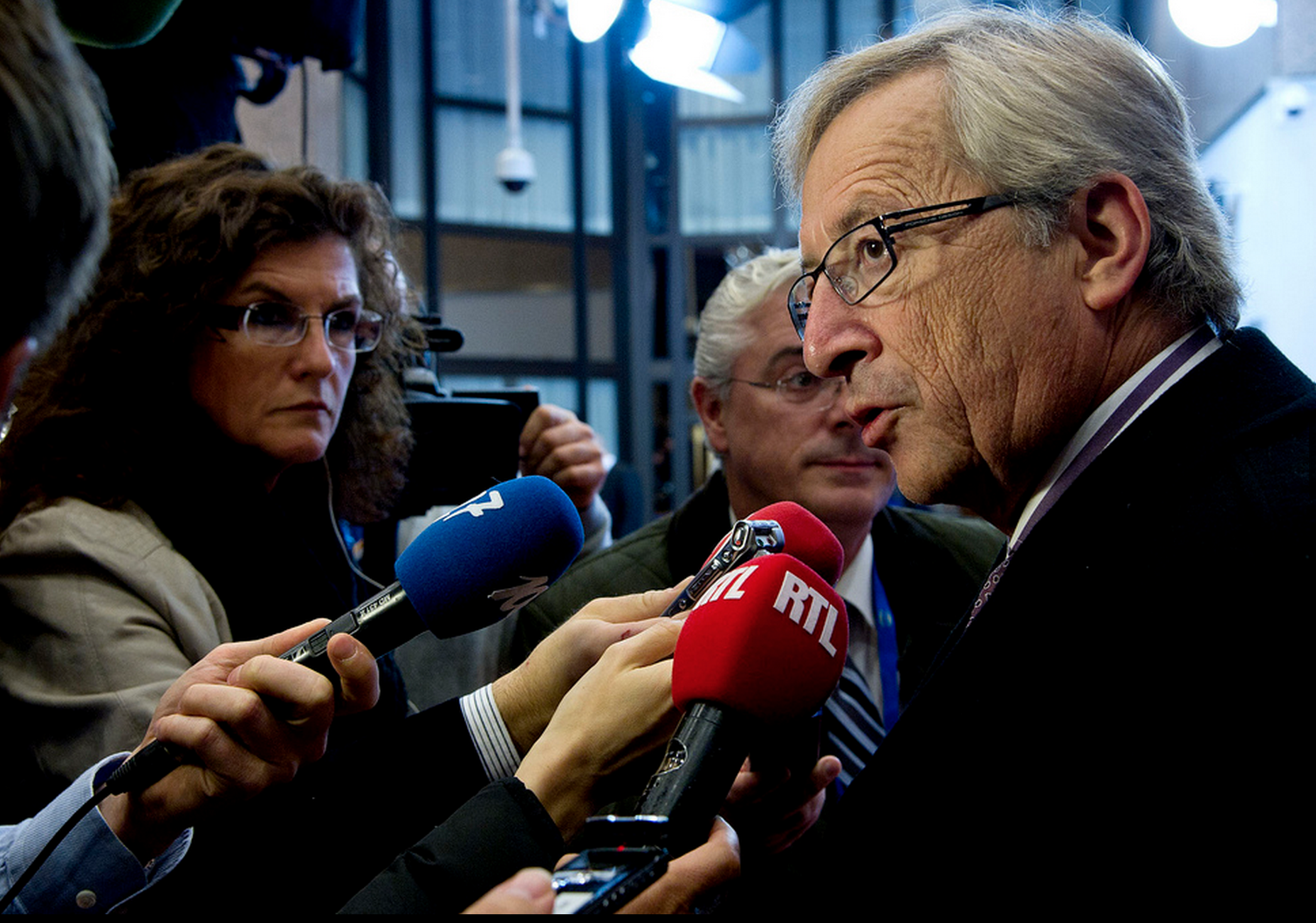European Commission president Jean-Claude Juncker has said that Britain will be able to claw back certain powers from Brussels ahead of an in-out referendum on the country’s continued EU membership, the Telegraph reports.
British Prime Minister David Cameron failed last month to block Mr Juncker’s nomination as Commission president, after claiming Mr Juncker was part of the old EU establishment and would not be open to reform.
Yesterday, however, Mr Juncker said he would oppose attempts by Britain to take powers back from the EU. In a leaked recording, he said he does “not want the EU without Britain” and was ready to begin talks on returning “competencies” back to the UK.
He said: “I would like Britain to stay as an active constructive member of the European Union. If Britain puts forward a proposal it will be taken under consideration.
“I am not in principle saying that no kind of repatriation can take place. If Westminster wants to recover competences, OK. If the others agree, it shall be done be done.”
He added: “I’ve never opposed the idea of a well-structured, well-organised, profoundly negotiated repatriation of competences from Brussels to national parliaments.
“I don’t want the EU without Britain. Britain is an essential element of policy making in Europe because the British are a common sense and down to earth people.”
These comments will delight David Cameron and some Conservatives who want Britain to remain in the EU but with fewer powers transferred to Brussels. Cameron has promised to negotiate new terms for Britain’s EU membership, with certain powers repatriated back to the UK, before putting them to a referendum in 2017. He has pledged that if Britain cannot take back any powers, he will campaign for the UK to leave the EU.
More Eurosceptic Conservatives, however, will be wary of the many caveats in Mr Juncker’s comments. His talk of “well structured”, “well organised” talks “if the others agree” will lead some to suspect a stitch-up.
Earlier this year, Mr Juncker backed plans for school students across the EU to be given a “European Union education” to tackle growing disillusionment with the supranational body.

COMMENTS
Please let us know if you're having issues with commenting.